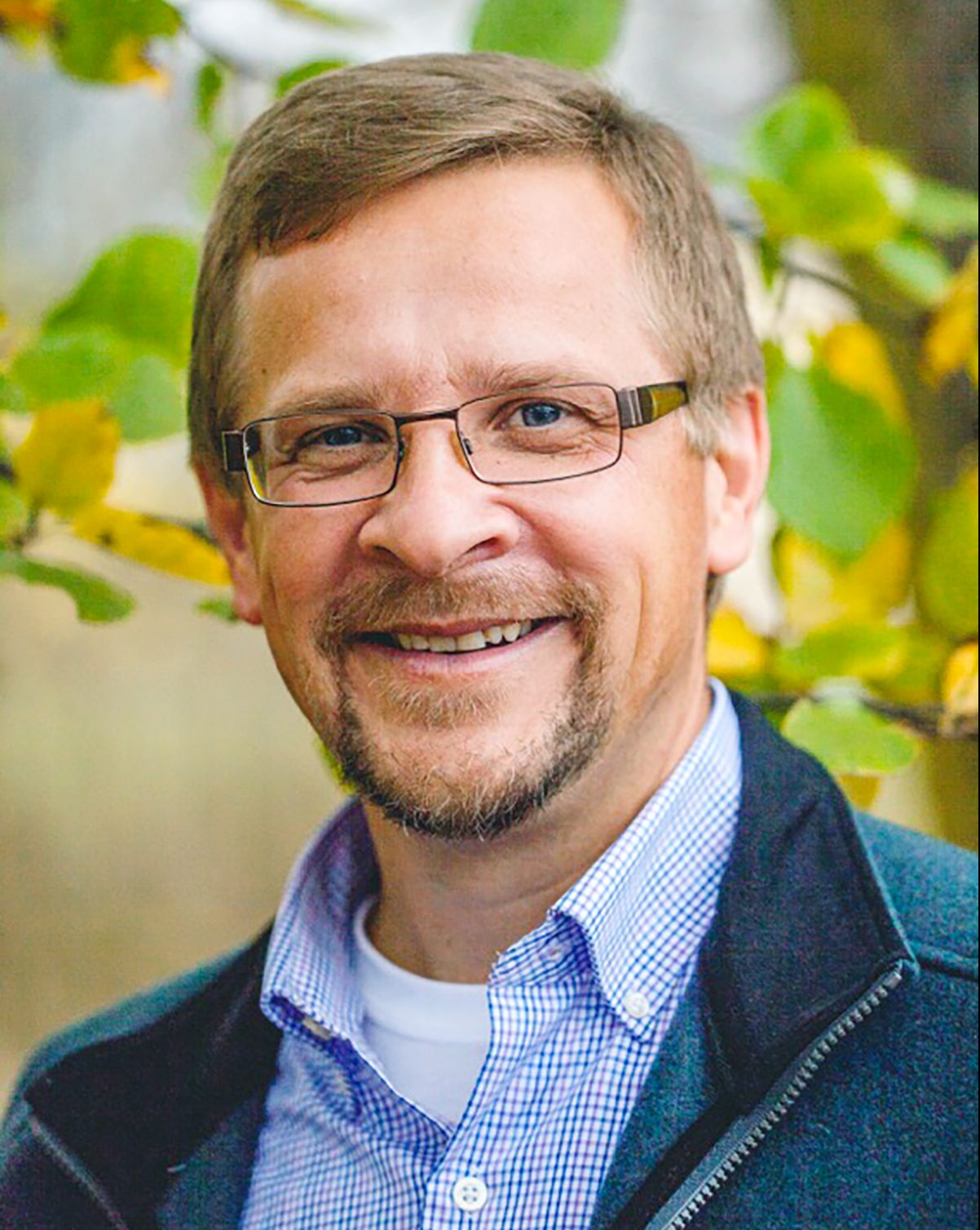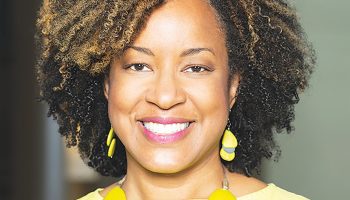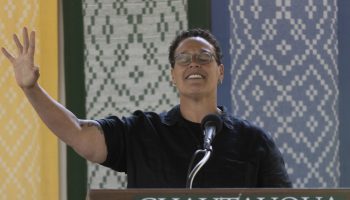Every time people take a bite into food, they take a bite into death.
It might be hard to swallow that, but Norman Wirzba, professor of theology and ecology at Duke University’s Divinity School, wants people to start re-evaluating the origins of what they eat. He will discuss how they can do that during his lecture, “A Spirituality of Eating,” at 2 p.m. Monday in the Hall of Philosophy.
“I think there’s a lot of misunderstanding, and plain old ignorance, about where our food comes from,” Wirzba said.
Wirzba, who is also a senior fellow for the Kenan Institute for Ethics at Duke, will kick off Week Nine’s Interfaith Lecture Series, “Food and Faith.” Speakers this week will dissect religion’s relationship with food and how it can fuel spiritual nourishment. Wirzba will focus on deepening people’s connections to the life cycles of their food.

Since World War II, Wirzba said, people have become increasingly disconnected from the realities of food production, which has taken much of the soul out of eating and cooking. Before then, more people knew the farms where their food came from and had a better understanding of the production of food, but that has changed.
“For you to eat anything, something else has to die,” Wirzba said. “That’s just a basic fact. We don’t know what to do with that. In the consumer culture of food, what we do really well is we hide any vestige of the life of the thing that you eat.”
Having grown up on a farm, Wirzba had intimate knowledge of the plants and animals that made their way to his family table.
Now, though, some people have no real mental connection between their food and the life it lived before it got to their plate, Wirzba explained. When it is easy to get hamburgers premade in colorful boxes or wrapped in plastic, people don’t need to think about the cow that meat came from.
“We treat what is fundamentally a biological, ecological social reality and we reduce it to the logic of efficiency and productivity and profitability,” Wirzba said. “And as soon as you do that, you’ve got a recipe for abuse.”
Wirzba, who wrote the award-winning book Food and Faith: A Theology of Eating, will explain Monday why that makes people unworthy of the food they consume and how people can be more ethical about food consumption.
The first major step is becoming better educated about the food industry, Wirzba said, which people from all walks of life need to do. He said he was astounded by the number of his colleagues at elite universities who didn’t have a deeper respect for food.
Then, people have to integrate that knowledge into their everyday life, Wirzba said. This could be in the form of choosing things more mindfully at the store, growing some of your own produce or banding together with others to change policies in the food industry.
One of the things Wirzba advocated for most strongly, though, was consciously honoring the lives of the plants and animals that died so that humans could live, and also the lives of the farmers and laborers who painstakingly grow the food.
If people do that, it will be harder to take the hamburgers in the colorful boxes and the grocery aisles of fresh vegetables for granted.




